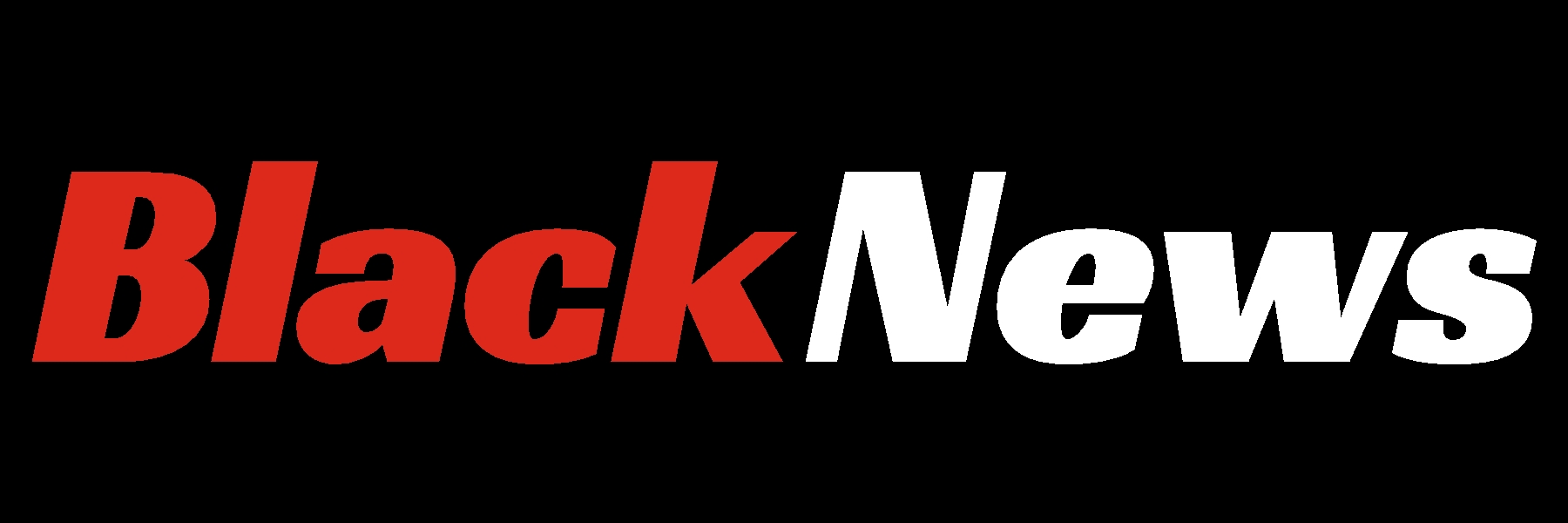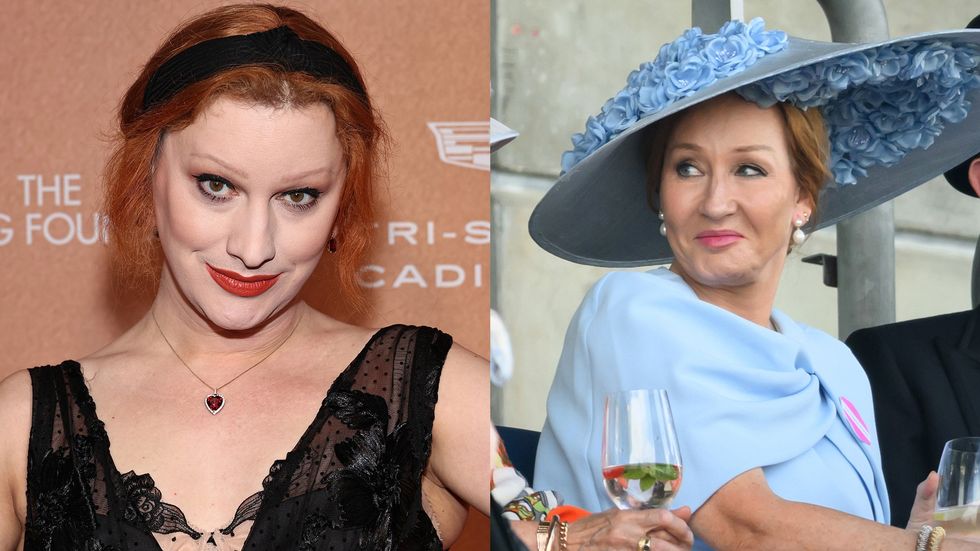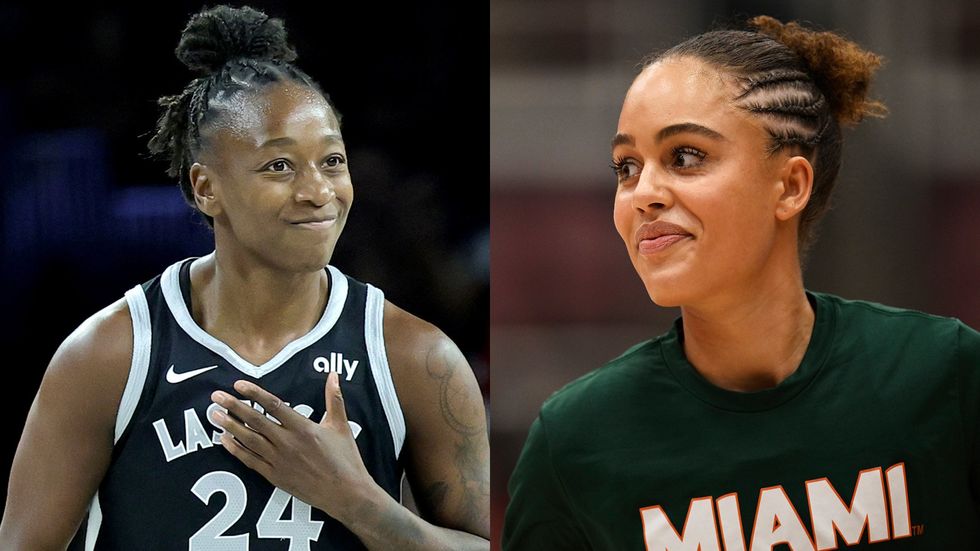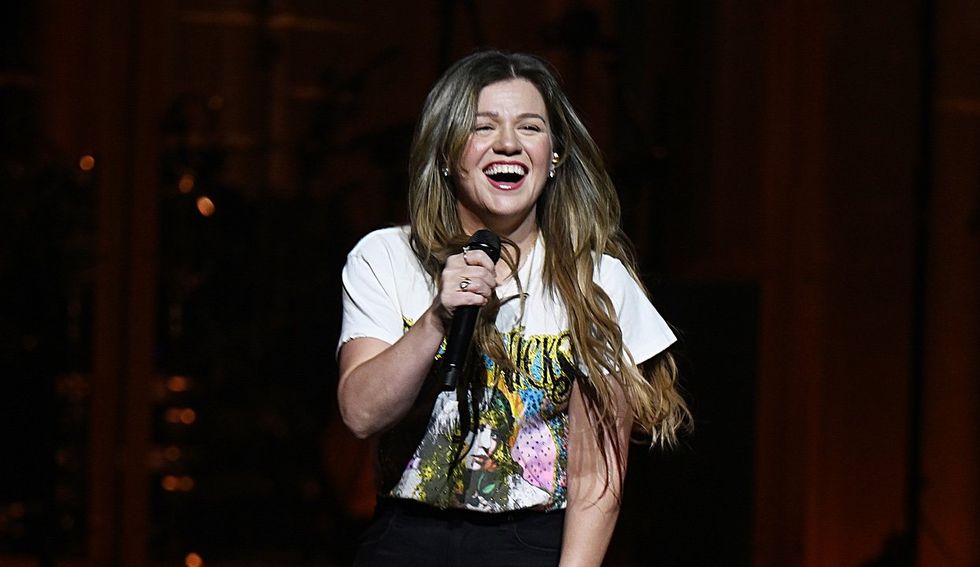What Mary J. Blige taught me about my breasts
I didn't get a mammogram until I was 50, and it was because Mary J. Blige told me to.I was working on a campaign called Power of Sure with the Black Women's Health Imperative and Mary J. We were spreading awareness about the importance of early breast cancer detection in Black women, and it hit me like a slow jam lyric: I had never had a mammogram.Not one.That's ten whole years after I should have had my first one, according to the standard guidelines that tell women to start screening at age 40. I wasn't scared, exactly. I just... didn't go. I didn't make the appointment. And I didn't feel like explaining why. But how could I ask Black women to take charge of their health if I hadn't done the same? So I made the call.Then I canceled. Rescheduled and canceled again. Why?Being a masculine-presenting woman doing "womanly" things in a medical setting feels like being an introvert at karaoke: loud, awkward, and not built for you. I dreaded that first mammogram. I still remember the first pink medical gown they handed me, like a pastel billboard announcing everything I already felt out of place doing.But then came the technician.This is where culturally sensitive care either rises or falls. And in my case, the technician soared. She greeted me like I belonged there, moved at my pace, and explained every step along the way. She also told me something I didn't know but would never forget: Black women often have dense breasts, and that means we're more likely to be called back for additional imaging. Not because something is wrong, but because standard mammograms don't always tell the whole story.That moment right there? That's what care looks like. That's what changes outcomes.I had learned about Genius 3D mammograms through our campaign, which are often more effective for Black women with dense breast tissue. So I asked for one. And when the callback came, I didn't spiral. I was prepared. I scheduled the ultrasound. Then, because things still looked unclear, I had to have my first MRI.Let me tell you, this process is not for the weak. But neither are we.Eventually, I was cleared. No cancer. Just the complex, layered story of a Black queer woman's body navigating a system that was never fully designed with her in mind. Now, every year, I go like clockwork. And every time, I think of that tech. The one who didn't flinch at my gender presentation and treated me like I belonged. But what if she hadn't? I honestly don't know if I'd have gone back.These outcomes aren't written in our DNA. They're written into our access to care, treatment, and the social conditions that shape our health long before we ever step into a clinic or doctor's office. My story turned out well, but not every story is like mine. And it shouldn't take a celebrity campaign or a lucky encounter with a kind tech to make someone feel safe getting care.To the providers: slow down. Ask better questions. Make no assumptions. The way you greet someone, the tone in your voice, the words you use, it all matters. You don't need to know everything about gender identity or sexuality to offer compassionate, affirming care. But you do need to lead with respect.To my LGBTQ+ siblings: I see you. I know how exhausting it can be to navigate a system that wasn't built with us in mind. But your health is not up for negotiation. Find your people. Find providers who listen.And don't be afraid to ask for more—you deserve more.Lisa Cunningham is an Atlanta-based filmmaker and Health Equity Strategist who began her career directing and producing more than a thousand music videos before turning her focus to social impact storytelling. Perspectives is dedicated to featuring a wide range of inspiring personal stories and impactful opinions from the LGBTQ+ community and its allies. Visit Pride.com/submit to learn more about submission guidelines. We welcome your thoughts and feedback on any of our stories. Email us at voices@equalpride.com. Views expressed in Perspectives stories are those of the guest writers, columnists, and editors, and do not directly represent the views of Pride or our parent company, equalpride.
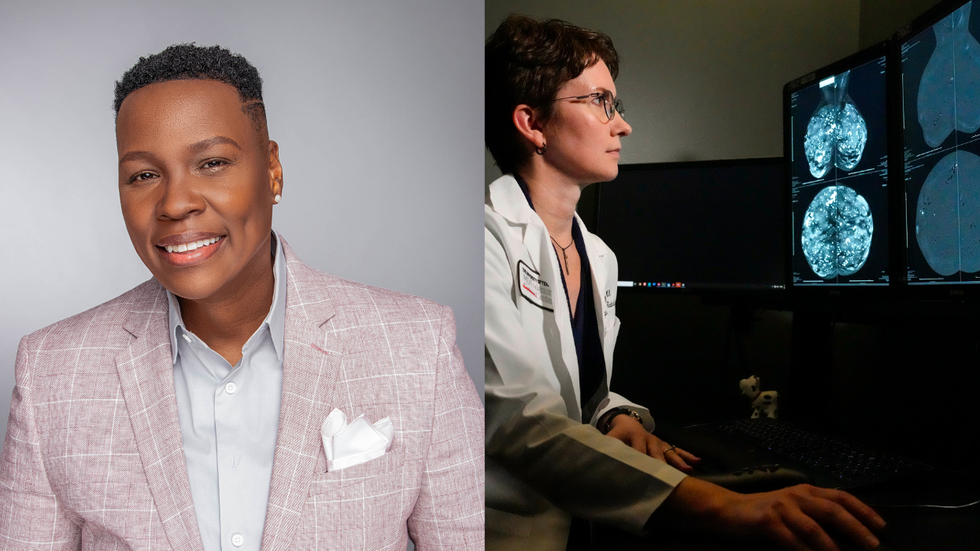

I didn't get a mammogram until I was 50, and it was because Mary J. Blige told me to.
I was working on a campaign called Power of Sure with the Black Women's Health Imperative and Mary J. We were spreading awareness about the importance of early breast cancer detection in Black women, and it hit me like a slow jam lyric: I had never had a mammogram.
Not one.
That's ten whole years after I should have had my first one, according to the standard guidelines that tell women to start screening at age 40. I wasn't scared, exactly. I just... didn't go. I didn't make the appointment. And I didn't feel like explaining why. But how could I ask Black women to take charge of their health if I hadn't done the same? So I made the call.
Then I canceled. Rescheduled and canceled again. Why?
Being a masculine-presenting woman doing "womanly" things in a medical setting feels like being an introvert at karaoke: loud, awkward, and not built for you. I dreaded that first mammogram. I still remember the first pink medical gown they handed me, like a pastel billboard announcing everything I already felt out of place doing.
But then came the technician.
This is where culturally sensitive care either rises or falls. And in my case, the technician soared. She greeted me like I belonged there, moved at my pace, and explained every step along the way. She also told me something I didn't know but would never forget: Black women often have dense breasts, and that means we're more likely to be called back for additional imaging. Not because something is wrong, but because standard mammograms don't always tell the whole story.
That moment right there? That's what care looks like. That's what changes outcomes.
I had learned about Genius 3D mammograms through our campaign, which are often more effective for Black women with dense breast tissue. So I asked for one. And when the callback came, I didn't spiral. I was prepared. I scheduled the ultrasound. Then, because things still looked unclear, I had to have my first MRI.
Let me tell you, this process is not for the weak. But neither are we.
Eventually, I was cleared. No cancer. Just the complex, layered story of a Black queer woman's body navigating a system that was never fully designed with her in mind. Now, every year, I go like clockwork. And every time, I think of that tech. The one who didn't flinch at my gender presentation and treated me like I belonged. But what if she hadn't? I honestly don't know if I'd have gone back.
These outcomes aren't written in our DNA. They're written into our access to care, treatment, and the social conditions that shape our health long before we ever step into a clinic or doctor's office. My story turned out well, but not every story is like mine. And it shouldn't take a celebrity campaign or a lucky encounter with a kind tech to make someone feel safe getting care.
To the providers: slow down. Ask better questions. Make no assumptions. The way you greet someone, the tone in your voice, the words you use, it all matters. You don't need to know everything about gender identity or sexuality to offer compassionate, affirming care. But you do need to lead with respect.
To my LGBTQ+ siblings: I see you. I know how exhausting it can be to navigate a system that wasn't built with us in mind. But your health is not up for negotiation. Find your people. Find providers who listen.
And don't be afraid to ask for more—you deserve more.
Lisa Cunningham is an Atlanta-based filmmaker and Health Equity Strategist who began her career directing and producing more than a thousand music videos before turning her focus to social impact storytelling.
Perspectives is dedicated to featuring a wide range of inspiring personal stories and impactful opinions from the LGBTQ+ community and its allies. Visit Pride.com/submit to learn more about submission guidelines. We welcome your thoughts and feedback on any of our stories. Email us at voices@equalpride.com. Views expressed in Perspectives stories are those of the guest writers, columnists, and editors, and do not directly represent the views of Pride or our parent company, equalpride.
